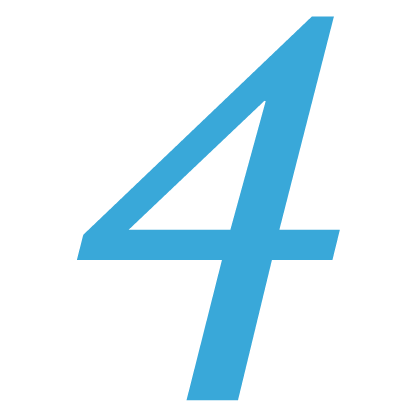HOW IT WORKS
The Process
It Pays For Itself
Providing a guarantee on outcomes when competing for students is a significant competitive advantage. Counter-programming the narrative that “college isn’t working for me” among current students reduces the dropout rate. Both pay direct dividends to a colleges bottom-line, so much so that third party analysis performed by Zenabi Data concluded that most colleges break even on the cost to provide our product within 3 years, actually resulting in a net-positive investment for the university in years 4 and 5.
≤3-5%
NEW STUDENTS
≤6-12%
INCREASED GRADUATION RATE
3%
FEWER TRANSFERS OUT
3
YEARS TO PAYBACK ON AVERAGE
FAQ
American Dream Insurance has been intentionally designed to encourage graduation. In order to qualify for the policy a student must graduate. It is our sincere hope that removing the risk from a student’s investment in education we can encourage them to persist through to graduation. As you know attending college is most often not a path to better earnings, but graduating is. It is important we reframe the conversation from “going to college” to graduating college in order to give students and their families the best chance of increased earnings and security in poor economic environments.
While America’s $1.7 trillion in student debt is troubling, the majority of students who default borrowed less than $10,000 and failed to graduate. These are the students we are failing.
Debt is immediate, but the payoff from earning a degree is delayed. This traps many students into trying college, getting scared by the debt load, losing confidence that college will work for them, and subsequently dropping out. With a guaranteed return from their investment in higher education more students can and will persist through to graduation.
Finding a job, the best job you can, is an important part of the post-graduate experience for any student. We do not want to change the incentives that students have to do so. If a student cannot find a job they’ll be eligible for the maximum coverage because we’ve guaranteed the outcome regardless of circumstance.
It is worth noting that claims are always paid cumulatively, however, at the end of the 5-year coverage period. This is designed to encourage the students to continue chasing the best job possible, and to avoid a situation where insurance (and a check coming in January) encourages graduates to take jobs beneath their new earnings potential while looking forward to an insurance payout.
There are a few ways a student could voluntarily void their policy.
- Take a job overseas. We simply do not have data and cannot plan for global market trends.
- Take more than 1% equity in any company. Equity can be an important part of the compensation for early employees at a company. It is also a long-term bet on the success of that venture, one that is often used to make up for the acceptance of a short-term below market wage. Because Degree Insurance does not participate in the long-term upside bet, we cannot subsidize the short-term salary with our guarantee.
- Voluntarily leave the workforce. If a graduate decides that they no longer need, want, or intend to work it would void their policy. A graduate must actively be seeking work. We ask them to comply with their state’s unemployment insurance work-seeking requirements, whatever they happen to be in their state, whether or not they’re actively making unemployment insurance claims.
American Dream Insurance is most often sold to colleges or universities to cover an incoming freshman class of students. Because most colleges use ADI to increase enrollments (through growing the applicant pool, increasing yield and reducing summer melt) or for retention (increasing graduation rates) this is in line with the most common use case. There are changes and unique situations may arise where a college may want to cover transfer students, specific sub-sets of students, or students further along their educational journey. While all of that is possible, we continue to believe that blanket coverage for an incoming freshman class is the use case that most likely supports a college’s mission while resulting in a positive return to the institution’s bottom line.
Yes, Degree Insurance is currently being piloted by Augustana College in Rock Island, IL in a limited test for transfer students. (View Forbes article)





